The energy and heating transition is one of the major challenges of our time. KfW is helping to shape them.
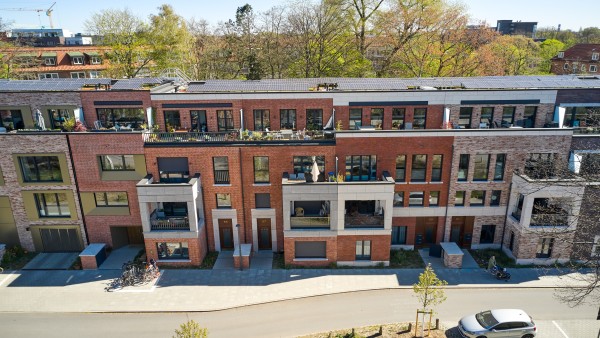
Thanks to the KfW Energy Efficiency Programme, a building consortium in Hamburg has developed a vibrant piece of the city consisting of individual but related houses. This won them first prize in the KfW Building 2020 Award.
Cosy warmth - it has been one of people's basic needs for thousands of years. However, the generation of heat energy is almost always associated with climate-damaging emissions. This needs to change quickly, especially as Germany wants to be climate-neutral by 2045.
KfW promotes investments that advance the energy and heating transition. For example, with promotional programmes aimed at constructing climate-friendly buildings, renovating existing buildings in an energy-efficient manner or modernising heating technology.
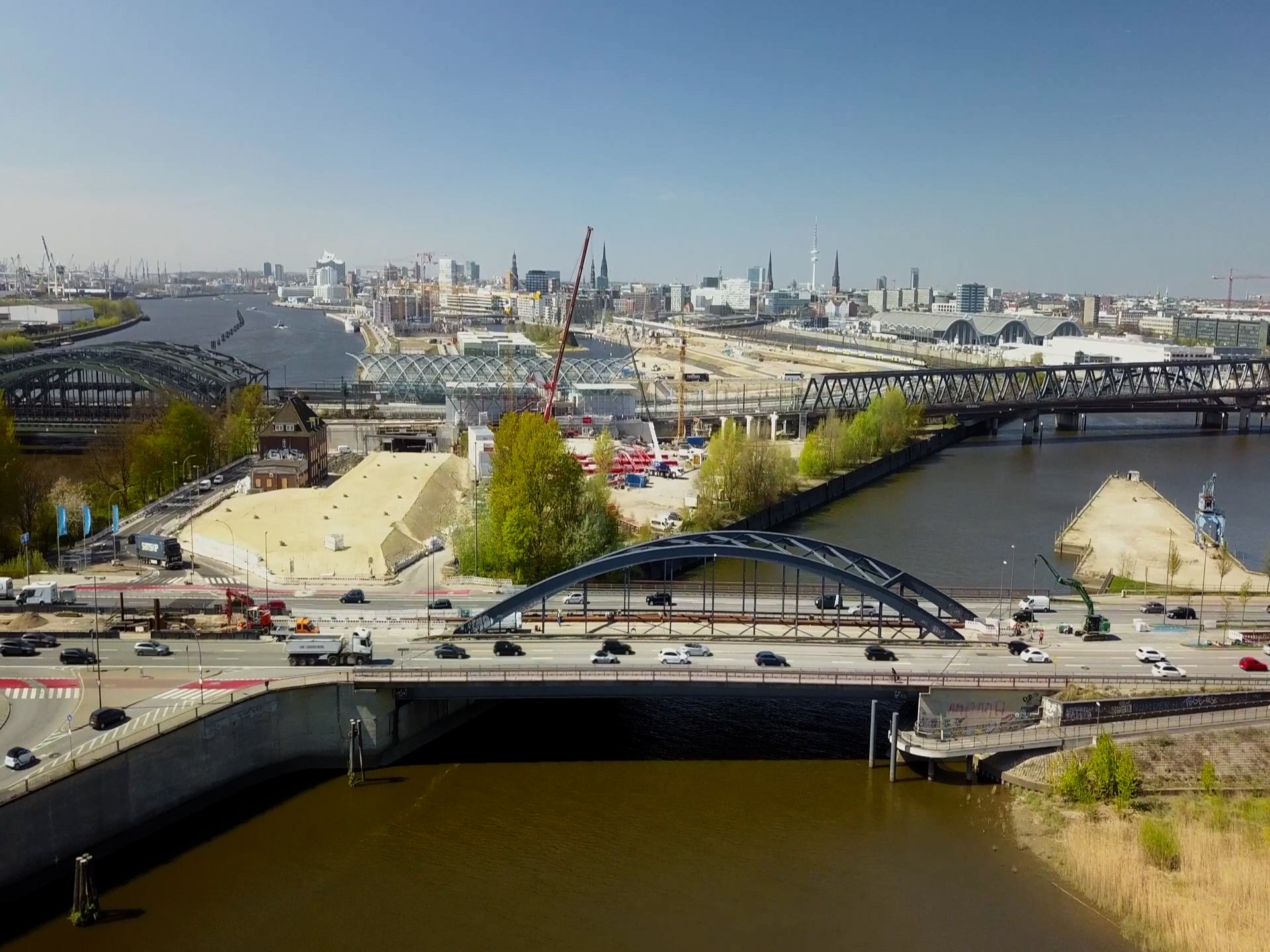
Waste heat is used to supply over 6,000 households in Hamburg with green heat.
On a small and large scale. We not only provide funds to private homeowners and tenants, but also to companies and local authorities that are reorganising energy generation and supply on a large scale.
One example: In Hamburg, thousands of households were previously supplied with district heating from the Wedel coal-fired power plant. The construction of a new supply tunnel under the River Elbe has created the conditions for the future distribution of thermal energy, in particular waste heat, from the ‘Harbour Energy Park’ throughout the city, thus opening up a new climate-neutral source of heat - a huge step for the environment.
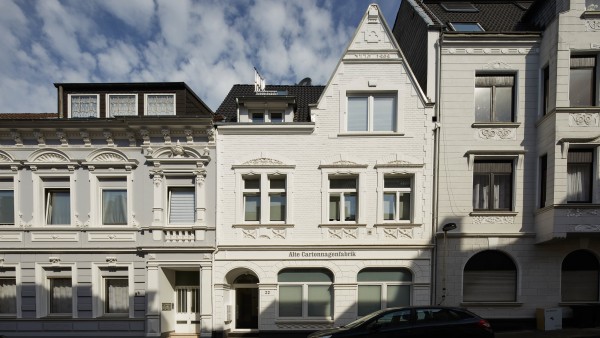
The construction of lofts in old factory floors was subsidised by KfW and earned the Solingen construction project an award at the KfW Building Award.
Reliable access to renewable energy and climate-friendly heat strengthens Germany's competitiveness as a business location, as it enables companies to operate more sustainably, reduce energy costs and better adapt to environmentally friendly standards, which in turn promotes innovation and investment that ultimately benefits society as a whole.
645,571 private residential units.
Published on KfW Stories on 15 May 2025.

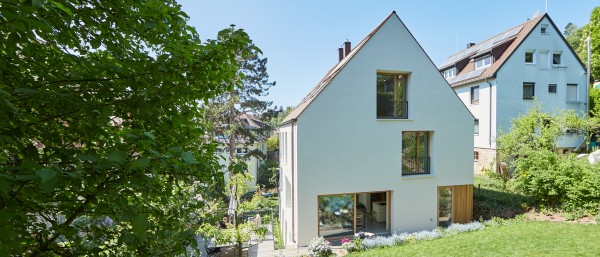
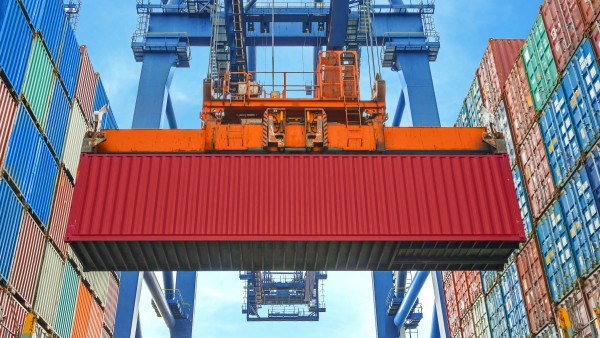
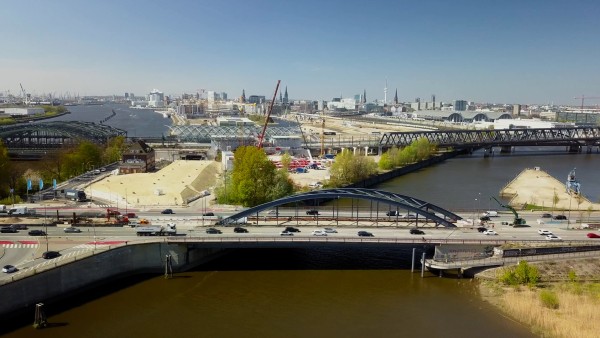
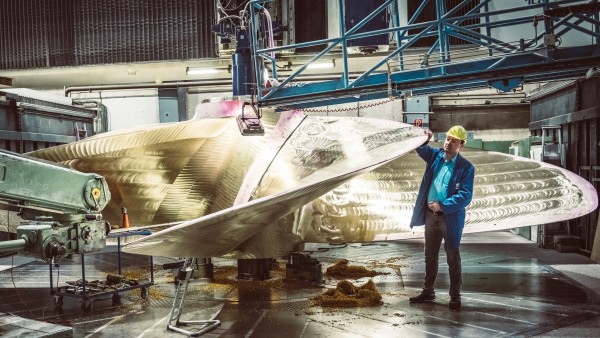
Data protection principles
If you click on one of the following icons, your data will be sent to the corresponding social network.
Privacy information